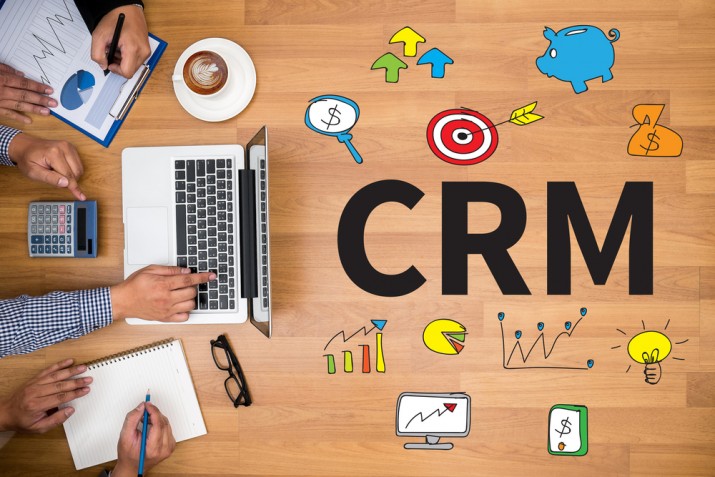“The
first rule of any technology used in a business is that automation
applied to an efficient operation will magnify the efficiency. The
second is that automation applied to an inefficient operation will
magnify the inefficiency.”
– Bill Gates
Recently
SugarCRM blog published a story of a construction and engineering
giant, Redglaze Group. The story they published revolves around one of
the most innovative and enterprise CRM: SugarCRM. Their aim was to
address the discrepancy within their diversified network.
With
businesses spread across the globe, the challenges they faced were
threefold. The companies were striving to achieve consistent customer
interactions across all business units, real time systematic information
sharing, and accomplish more by utilizing least resources.
The challenge,
they faced was that the software that worked for one company was not
compatible with the other one. This increased the complexity and
resources used to communicate with the people in different locations.
More than 20 staff hours were wasted per week in something as simple as communication. Solution?
They integrated Sugar Professional, customized Sugar modules and
specialty portals for subcontractors and internal departments; deployed
to nearly 74% of employees in Redglaze Group companies that have
implemented Sugar.
Results were astounding.
A booming 30% increase in overall efficiency through project management
and sales tracking. Tom Hon, their sales representative puts this a
better way, “I only get paid on what I sell, and now I’m more productive
because I have better information.”
“The
impact on an organization can at times be subtle and distributed
throughout the enterprise… Cost savings and productivity enhancements
can be seen in saving a salesperson 20 minutes per week in writing
activity reports, or answering four times the volume of web-based
service requests in the same amount of time.”
– Mary Wardley, vice-president of IDC’s CRM applications research.
Global Learnings:
Dispersed communication
is not only limited to Redglaze, today, every million-dollar business
is facing dispersed communication. This problem, if not dealt at an
early stage, can possibly cause major losses simply due to
non-productive hours of internal stakeholders.
However,
a CRM can prove to be an ideal solution for businesses facing data
dispersion. By integrating an efficient CRM, you can maximize user
engagement, know your customers better than your competitors, boost
productivity of your sales team, streamline your data flow, and increase
revenue and profitability.
“Opting for CRM means gain, retain, and regain customers!”
Nevertheless, choosing a SugarCRM development company
is very crucial. Before you outsource your project, you must make sure
the company you are dealing with, has immense experience in developing
CRM technologies, is reliable, supportive, and collaborative.
Nowadays,
finding an ideal SugarCRM development company for your project is hard
but not impossible. While there are a lot of other companies out there,
we feel proud to present our craftsmanship in delivering robust
solutions to businesses seeking for something reliable, sustainable and
exceptional. To be honest, our reputation in this industry precedes us.
We have been into CRM development since a decade! And you must never
underestimate the power of a decade. LOL!
Our
well-conceived and perfectly deployed CRM system can help you
streamline your marketing and sales process. Using it, you can make
better use of leads/contacts data and close more sales from existing
contacts.
“The
big benefit of CRM is the visibility of everything relating to
customers going on in your company. If you want to provide a better
service to your customer, you have to be able to manage everything from
complaints to sales opportunities.”
– Roger Cole, CRM Consultant at Reseller CPiO
We have been doing this since ages. And we have a strategic plan for every project. We can help you build robust CRM solutions for your business.
We have dedicated SugarCRM developers who have not only implemented a
number of SugarCRM instances but they have also developed a wide range
of CRM plugins. Not just that… SugarCRM application development is also
something that we do exceptionally well.
We understand that the purpose of any business is to create and keep a customer.
Hence, we can customize your CRM — exactly the way your business logic
demands it. We are a CRM Consultancy for SugarCRM. Our services and
dedicated developers are pro for the level of efficiency you desire for
the enterprise grade projects. Share your requirements with us and let
us display our efficacy through the meticulous documentation and our
thorough approach.




